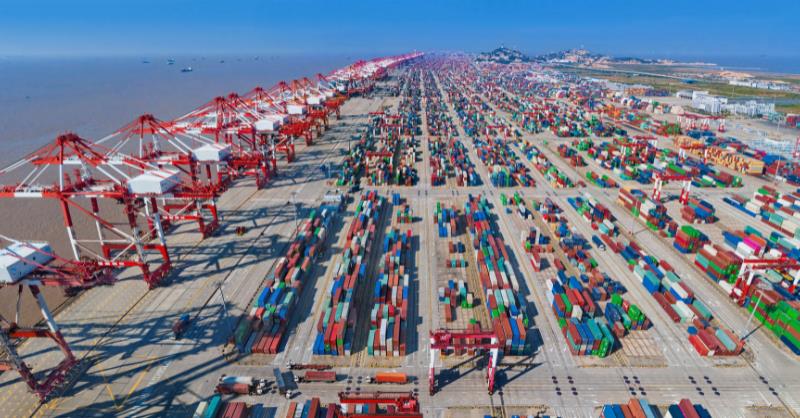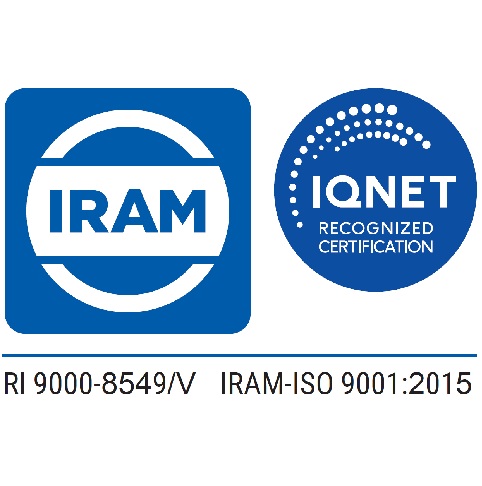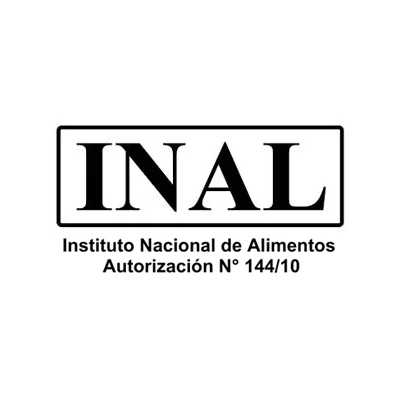Maritime trade between Asia and Latin America is going through critical weeks, marked by overloaded vessels, route cancellations, and increasingly limited space availability. Major shipping companies have adjusted their cargo plans compared to the pre-pandemic period, prioritizing filling each vessel above capacity and shifting containers to later services. This strategy, designed to maximize revenue, is generating recurring delays and complicating shipment predictability.
In August, companies’ attempts to implement a new rate increase were unsuccessful on all routes, although current rates to Mexico, the Caribbean, and the west coast of South America were maintained. By September, several lines will again insist on increases, keeping exporters and importers in the region on edge.
The situation is further complicated by so-called blank sailings, scheduled cancellations that affect key itineraries. COSCO, OOCL, EMC, PIL, and CMA confirmed that they will skip calls during critical weeks at ports such as Hong Kong, Nansha, Qingdao, and Shanghai, reducing effective capacity to terminals such as Manzanillo, Chancay, and San Antonio. At the same time, services operated by HMM, HPL, ONE, and MSC are experiencing instability on their routes, while Maersk announced it will not enter Ningbo this week.
Another point of concern is the tendency toward vessel overloading, which not only increases wait times at ports but also increases risks to cargo security and vessel stability. At the same time, the reduction of tariffs on trade between the United States and China is diverting services to North America, with more capacity allocated to that market and less space for Latin America, which is driving up rates and limiting bookings.
The outlook will also be influenced by the national holiday in China in early October, when many factories will close for several days. Although it may reduce cargo flow in the short term, the subsequent reactivation creates a bottleneck effect that increases pressure on shipping capacity.
In this context, advance planning and coordination with trusted operators become crucial to securing space and minimizing risks in import shipments from Chinese ports to Chile and Argentina.





